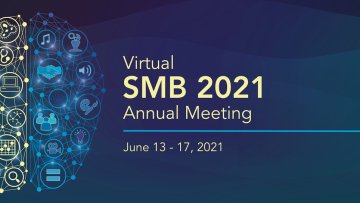Oxford mathematical biologists, past and present, featured very prominently at the annual Society for Mathematical Biology (SMB) meeting held from 13-17 June and organised remotely from the University of California, Riverside. It was the largest ever conference in the field, with over 2,500 participants and more than 1,000 talks delivered by speakers from 47 countries.
14:00
Asymptotics for the wave equation on black hole spacetimes
Abstract
We will present the precise late-time asymptotics for scalar fields on both extremal and sub-extremal black holes including the full Reissner-Nordstrom family and the subextremal Kerr family. Asymptotics for higher angular modes will be presented for all cases. Applications in observational signatures will also be discussed. This work is joint with Y. Angelopoulos (Caltech) and D. Gajic (Cambridge)
generalized matter potential with three years of IceCube DeepCore data
11:30
Feynman integrals from the viewpoint of Picard-Lefschetz theory
Abstract
I will present work in progress with Erik Panzer, Matteo Parisi and Ömer Gürdoğan on the analytic structure of Feynman(esque) integrals: We consider integrals of meromorphic differential forms over relative cycles in a compact complex manifold, the underlying geometry encoded in a certain (parameter dependant) subspace arrangement (e.g. Feynman integrals in their parametric representation). I will explain how the analytic struture of such integrals can be studied via methods from differential topology; this is the seminal work by Pham et al (using tools and methods developed by Leray, Thom, Picard-Lefschetz etc.). Although their work covers a very general setup, the case we need for Feynman integrals has never been worked out in full detail. I will comment on the gaps that have to be filled to make the theory work, then discuss how much information about the analytic structure of integrals can be derived from a careful study of the corresponding subspace arrangement.


